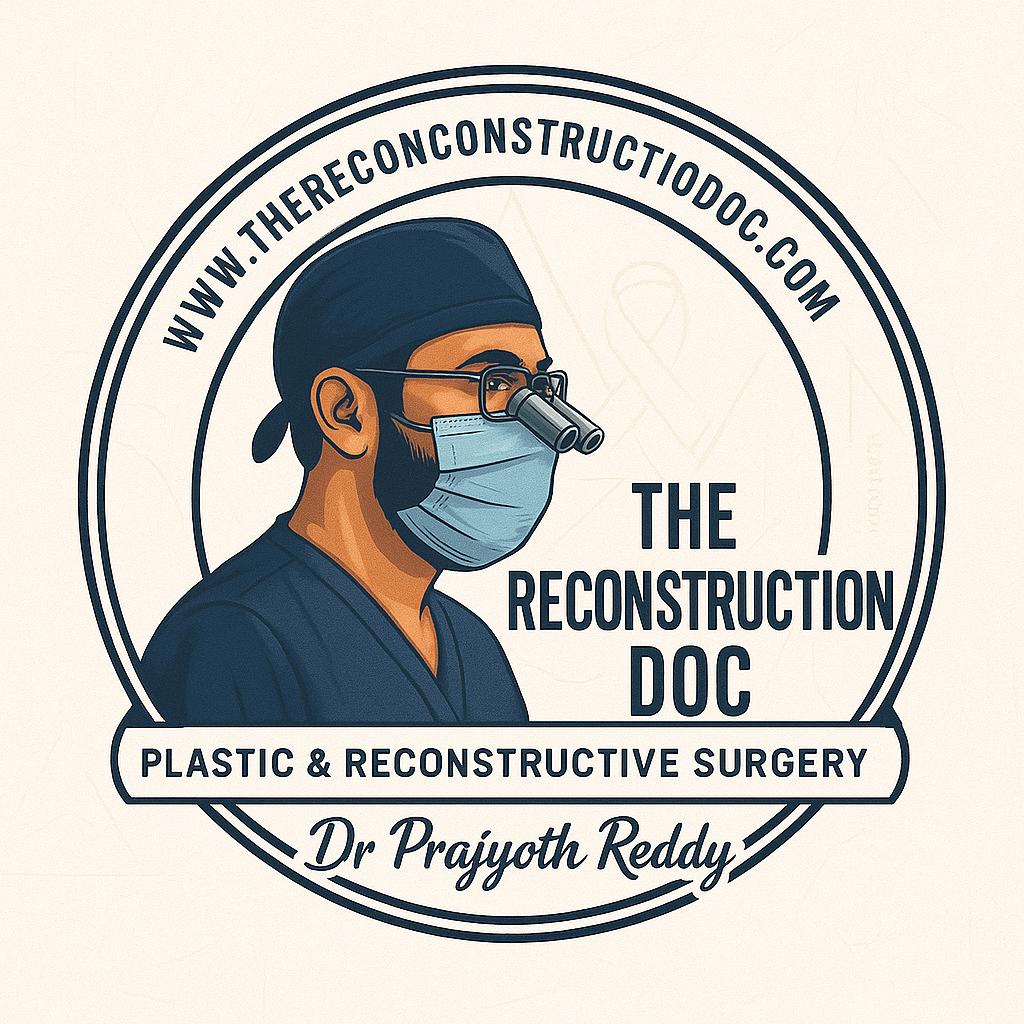Chest Wall Reconstruction
- Home
- Chest Wall Reconstruction
About Chest Wall Reconstruction
“Rebuilding the chest. Restoring protection. Reviving confidence.”
Chest wall reconstruction is a surgical procedure to rebuild the bones, muscles, and soft tissues of the chest that have been damaged or removed due to:
Why is it needed?
The chest wall protects your heart and lungs and supports breathing. When part of it is removed or damaged, reconstruction is done to:
- Restore chest stability and structure
- Protect the lungs, heart, and major vessels
- Maintain normal breathing mechanics
- Improve appearance and body image
- Reduce the risk of herniation or respiratory complications
What does the surgery involve?
Depending on the size and location of the defect, the surgeon may use a combination of
materials and techniques, including:
Rigid Reconstruction (for bone and structure)
- Titanium mesh, plates, or custom-made prosthetic materials are used to
rebuild parts of ribs or sternum. - Maintains chest wall strength and breathing function.
Soft Tissue Coverage (for skin and muscle)
- To cover the defect and protect the internal organs, various flaps are used:
- Latissimus dorsi muscle flap (from the back)
- Pectoralis major flap (from the chest itself)
- Omental flap (from inside the abdomen)
- Free flaps (like ALT flap) in complex cases
Recovery & Results:
- Hospital Stay: 5–10 days
- Drain and wound care for 1–2 weeks
- Gradual return to normal breathing and mobility
- Physical therapy may be needed for chest strength and posture
With proper reconstruction, most patients regain full lung function, chest
shape, and body confidence.
Final Note:
Chest wall reconstruction is not just about structure — it’s about restoring safety, function, and confidence after life-saving surgeries or trauma.
Get In Touch
Schedule a consultation, ask questions, or explore our expert reconstructive surgery services and compassionate care.

